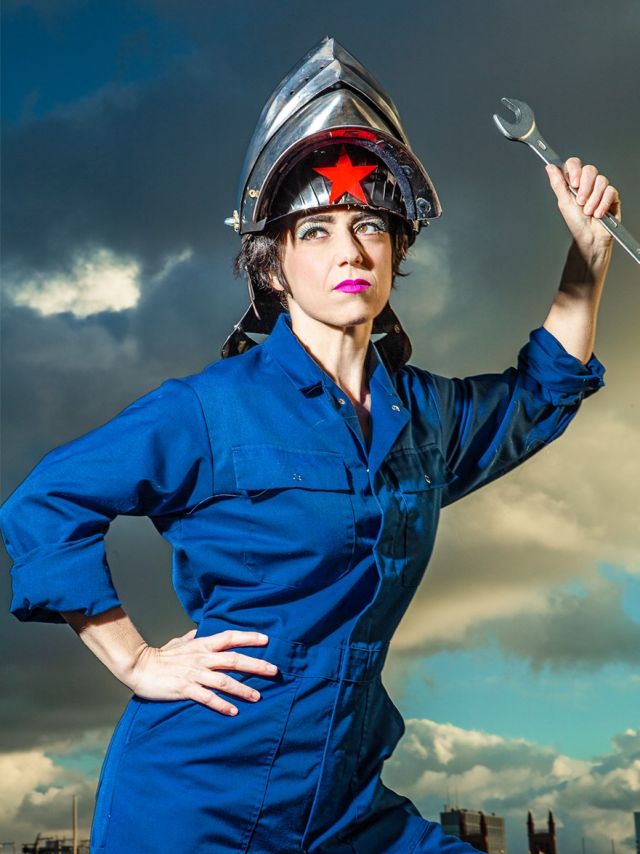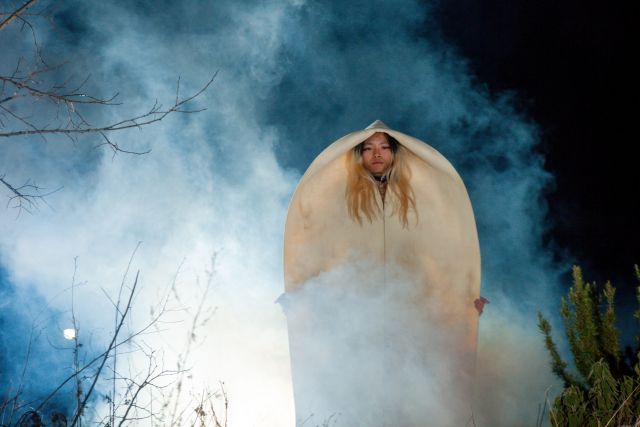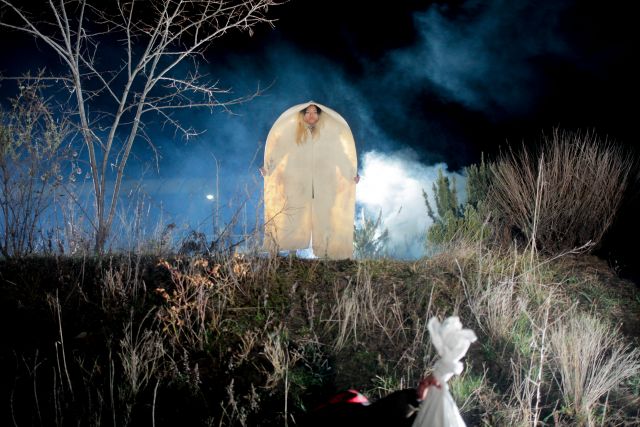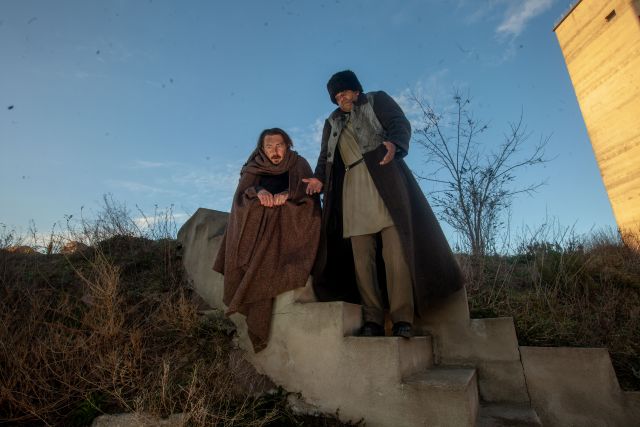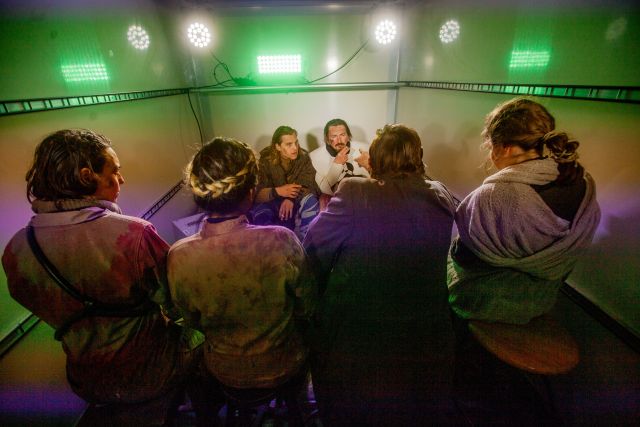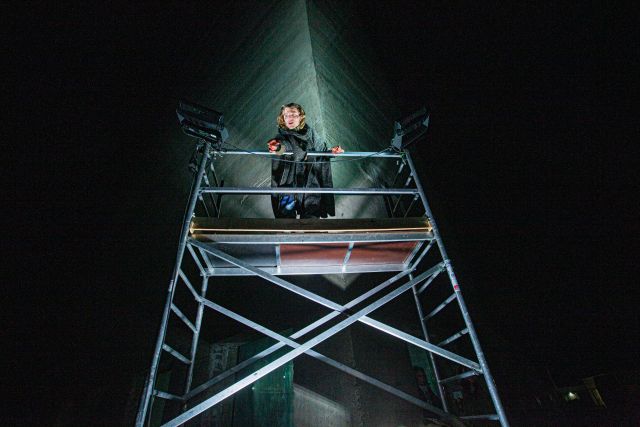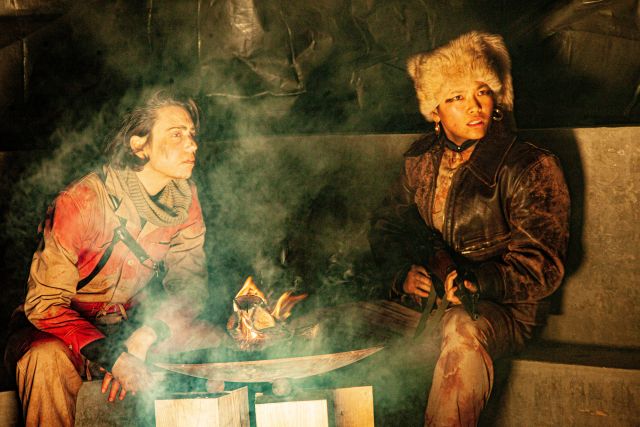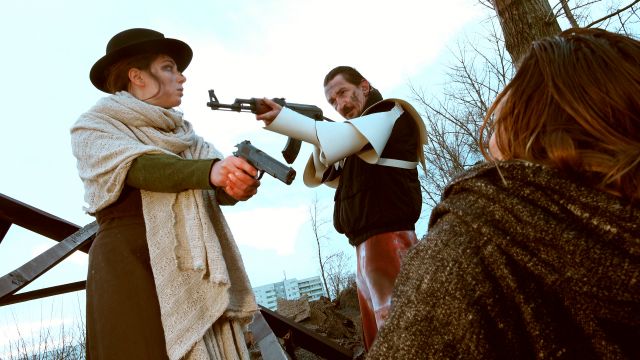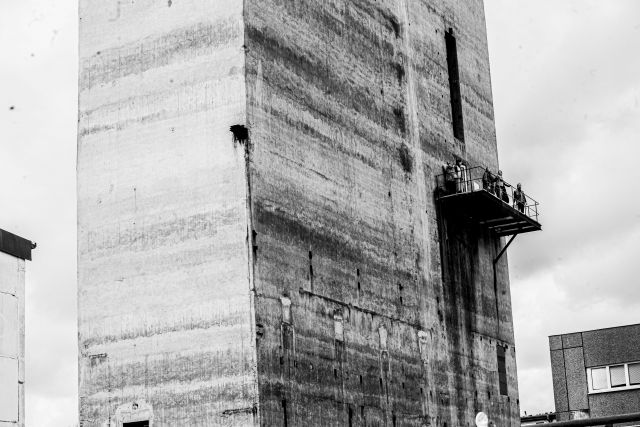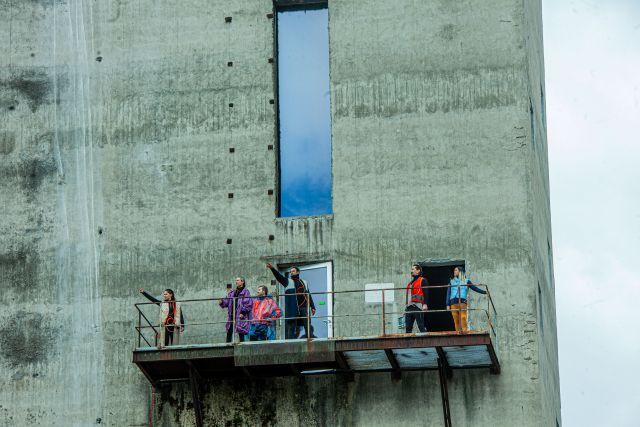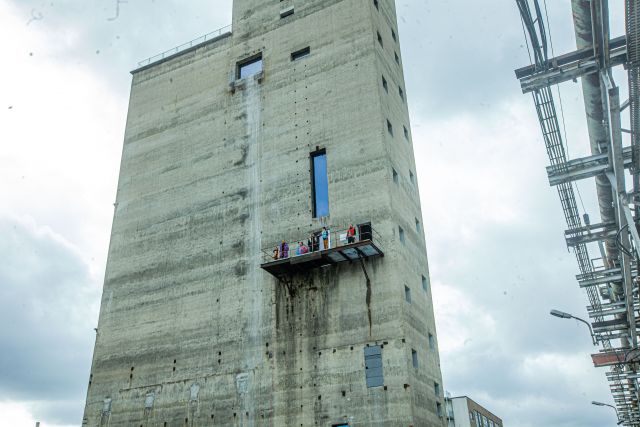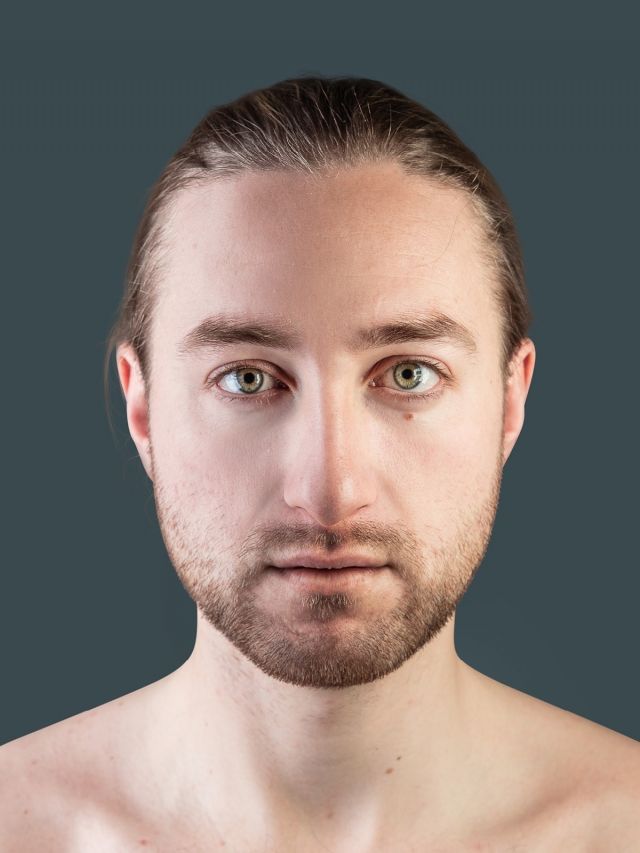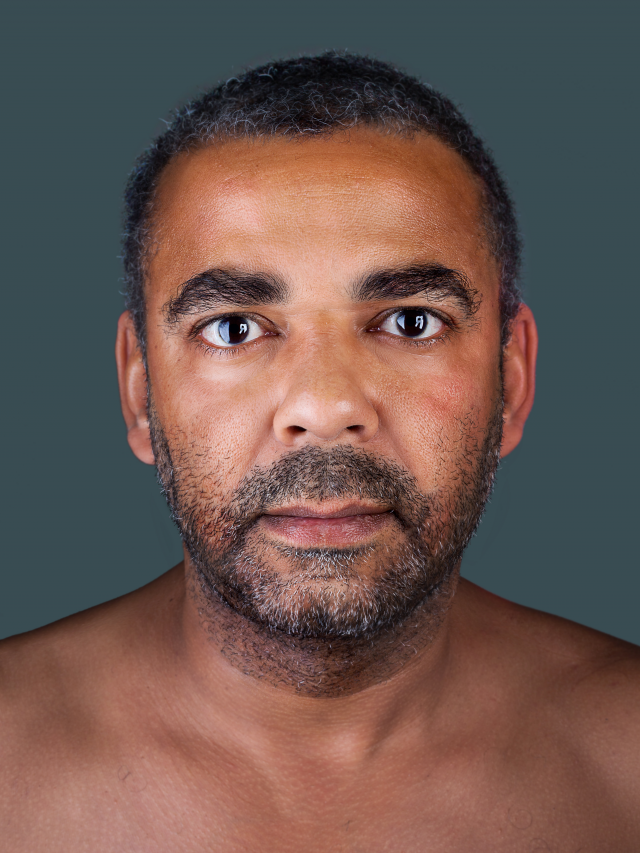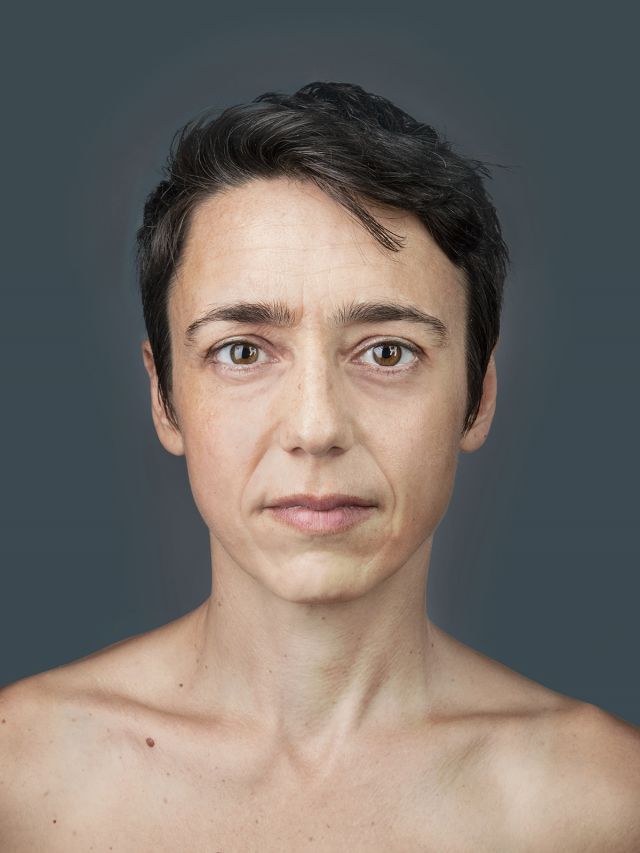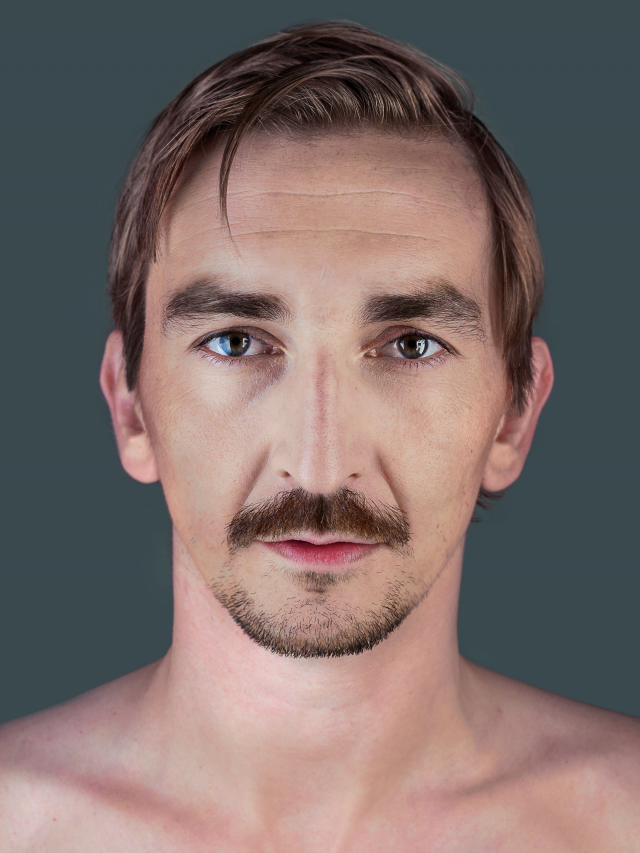Skip to main content
TSCHEWENGUR
Die Wanderung mit offenem Herzen
»In that hour, perhaps, happiness itself sought those who would be happy, but the happy were resting after their social worries of the day and did not remember their kinship with happiness.« (Tschewen ...
»In that hour, perhaps, happiness itself sought those who would be happy, but the happy were resting after their social worries of the day and did not remember their kinship with happiness.« (Tschewengur, English translation by Anthony Olcott)
A new world generates a new language. Andrei Platonov searched for this different sound his entire life. The rhythm for his expedition was set by the railway: Born into the working class in Voronezh in southern Russia in 1899, he was sent to work in a locomotive factory as a child. The revolution 1921 enabled him to become an engineer, a dreamer of machines and their possibilities, who fought on the front of the revolution and encountered hunger, utopia and violence in the steppe landscapes of the civil war. In the novel Tschewengur, his magnum opus, these elements flow together into a linguistic work of art. His perspective is that of those who suffer the most, the farmers subject to famine and drought, the roamers without land or property, those people without language, writing and history. Built on the threshold of death, their world is broken into by mechanisation and reorganization through the revolution. They are supposed to become »subjects« and create a new world, instead of enduring the old one. Sent by the young Communist party, two extremely different anti-heroes set out to find communism in the expanses of the steppe landscape. They encounter a mythical world inhabited by strange creatures, a world in which humans are part of the structure of things and no longer its rulers, in which the syntax of life together is built anew. In the small town Tschewengur, which they finally reach, the stuff of everyone’s dreams appears to have been achieved: the end of all disagreements.
100 years later, the utopia of socialist landscapes that has coagulated into cement itself looks like a conquered nature, an urban steppe, abandoned and forgotton. A landscape of concrete and oblivion, wasteland and artificiality. It is in the remnants of socialist urbanity that the group Studio Platonov situates its unusual Tschewengur film.
A Production by Maxim Gorki Theatre
Performance rights: henschel Schauspiel, Translation rights: Suhrkamp Verlag
Photo: Esra Rotthoff
Filmstills: Chris Kondek
Premiere on 27/September 2021
Based on
Andrej Platonow
Translation from the Russian original by
Renate Reschke
